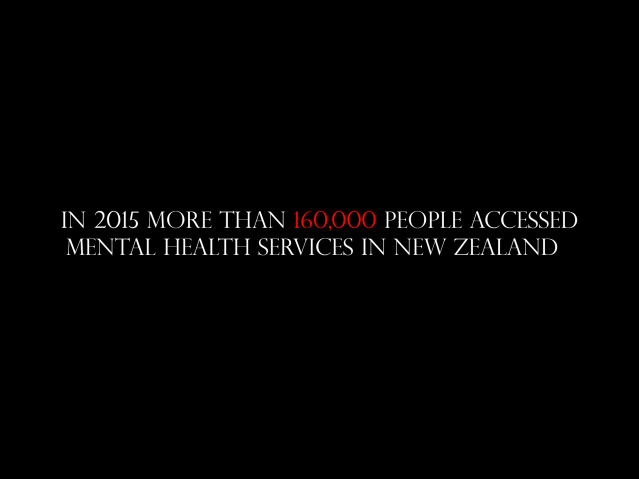
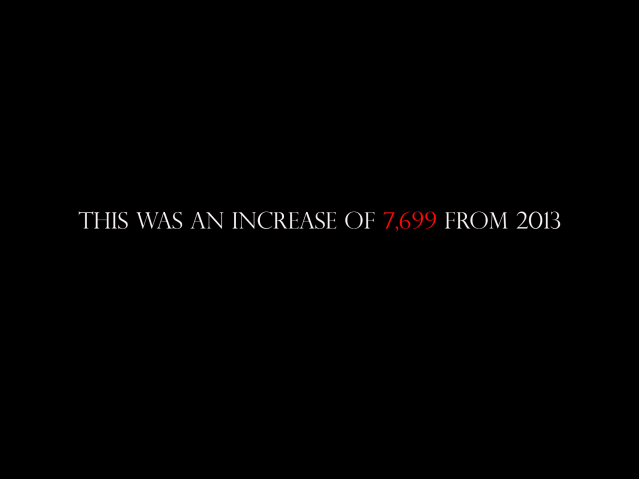
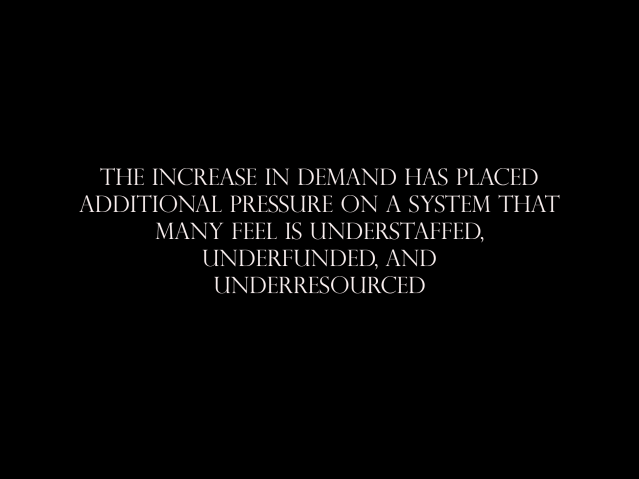

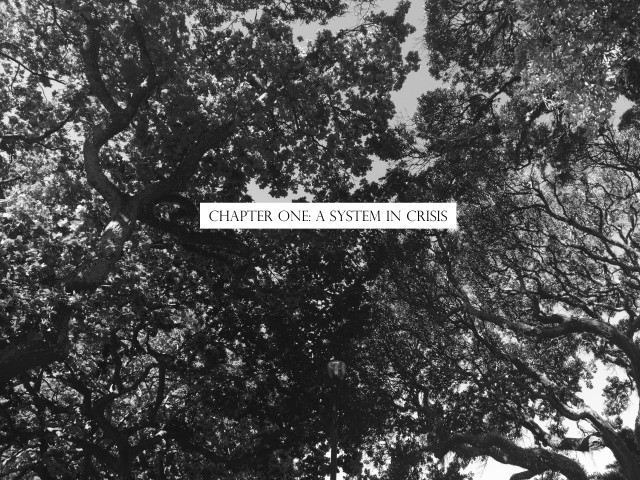
Earlier this year Marianne Elliot co-authored The Peoples Mental Health Report, a document which explored personal experiences in the mental health system.
Ms Elliot and her team received more than 500 submissions from people across the country, many of whom worked in mental health.
She said almost all the submissions described a system that was crumbling under the pressures of poor funding, resourcing, and staffing.
“The very consistent theme that came in the stories from staff was that they were being asked to do more and more and more work to look after more people, without added resources,” she said.
According to Ms Elliot workers reported suffering serious cases of “burnout” as the result of ever-increasing workloads.
“They described everything from stress to exhaustion – so where they simply didn’t have enough time in the day to care for the people or process the people or provide services to the people who needed them.”

New Zealand College of Mental Health Nurses president Anne Bebner agreed, stating that she had received several complaints from nurses who felt the sector had been neglected by those in positions of power.
“What is being told to us as the College is that people are working really hard and there has been no new money put into services,” she said.
“They are having to make do with systems that have not been updated.”
However, Ms Bebner asserted that stories of staffing issues had been exaggerated and vacancies in some areas of mental health had always been hard to fill.
“Acute work, like in an acute inpatient mental health unit and inpatient wards for older people…they’ve always traditionally been hard to staff as it’s quite unique work.”
She said these units often rely on bureau staff to manage the workload, which is not the horror it is made out to be.
According to Ms Bebner, these staff are well-known to the units, as they tend to be ex-full-timers who wanted a break from shift work or may be easing out of maternity leave.

As a result of these highly publicised concerns, Prime Minister-elect Jacinda Ardern has pledged to launch a full investigation into the mental health sector if elected Prime Minister.
“One of the things we need to do is make sure that our community mental health workers are properly supported,” she said.
“We want to review the way our system is working overall…we are committed to a review of the mental health sector.”

Alana Lythe has been an inpatient in both the public and private mental health sectors and noted the vast differences between the two.
She said public mental health fell short in almost every area.
“Personally I think the public mental health system needs a lot of work just because it’s really easy to get lost,” she said.
“It feels like their solution to everything is to medicate everyone.”
“As soon as you’re in the public sector the first thing they do is put you on medication,
Then each time you go to an appointment they will ask “are you improving?” and if you say no they will up your dose of medication.”
According to Ms Lythe, staff in the private sector were far more holistic in their approach to wellness, offering up solutions such as exercise, therapy and other methods before increasing medication.
She said this was most likely due to the fact that there were fewer patients, meaning staff had the time to discuss and implement different treatment options.
In addition, Ms Lythe found she and other patients were often turned away from public support services if they were not considered “bad enough” to receive care, which she puts down to a lack of staff and funding.
“In the public system if you are going into programmes there are a lot of waiting lists,” she said.

“I also felt like they didn’t take you seriously unless you did something to show that you desperately needed the care…I saw a lot of patients even in the private sector do drastic things just to be taken seriously, just to get the care they needed.”
However, Ms Lythe said she does not blame staff for the public sectors issues, as they seemed to share a lot of her frustrations.
“The nurses from what I could tell were working really long hours and they had a lot of things that they were trying to do at once…and it felt very impersonal because the nurses are just so busy just trying to stay afloat that they didn’t really have that one on one time to give,” said Ms Lythe.
“I think it must be really frustrating for them because really when I was in the private sector the nurses got a lot more one on one time with the patients and they really got to see the benefits of the work they were doing.”
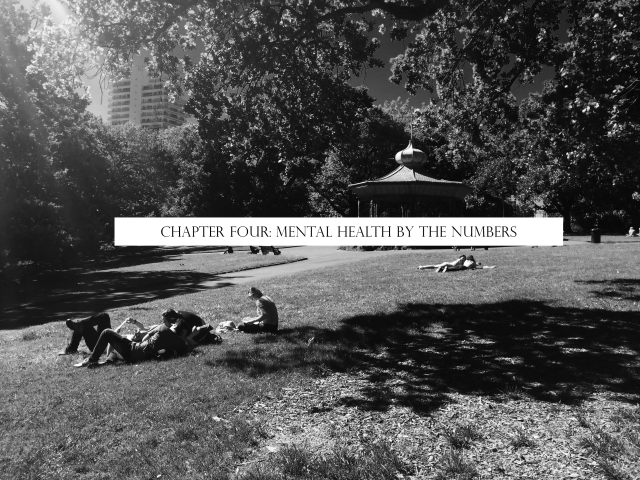
Despite these concerns, former Minister of Health Dr Jonathan Coleman stated the mental health system was steadily improving.
“We had 96,000 people eight years ago seeking specialist mental health services, while last year it was 168,000 so you can see that is a huge increase relative to the population growth in that time,” he said.
“So we’ve increased the money…it’s gone from 1.1 to 1.4 billion dollars a year, and in actual fact despite what you’d read more people are getting access to services and waiting times are coming down, but there is no question that there is still more that we need to do.”

However, Dr Coleman’s funding has been the target of heavy criticism, with the Council of Trade Unions (CTU) stating the increases had actually amounted to a cut when compared to the drastic increases in demand.
“In 2017/18, mental health services funded by the Health budget will receive just $18 million extra funding compared to what they spent in 2016/17- an increase of approximately 1.2 percent, which is a cut in real terms,” said the CTU in a statement.


According to Dr Coleman, old school institutional methods are starting to be phased out in favour of more holistic treatment, but he said a full transition would not happen overnight.
“We’ve gone from deinstitutionalisation…to stigmatisation which has been a big theme over the last ten years led by people like Sir John Kirwan,” he said.
Dr Coleman was referring to the campaign run by the New Zealand government and legendary ex-all-black Sir John Kirwan, who described his battle with depression to raise awareness about the illness and break down stigmas surrounding it.

Dr Brian McKenna has worked in forensic mental health and now lectures at the Auckland University of Technology.
While he admitted there were flaws in the system, he agreed with Minister Coleman that progress was being made.
“I think one of the big challenges for staff working in these services is that traditionally some of these services have been more custodial in their orientation so they have managed some of the symptoms and presenting behaviour people exhibit in a more restricted way, but those sorts of practices have been challenged now for a long time,” he said.
“Our services are moving more from that custodial sort of approach to what is referred to as recovery-oriented, so there is a whole way of thinking now which moves away from the traditional medical model way of viewing people as the professional knows best…to a realisation that actually people have the answers within themselves.”

However, Dr McKenna stated that implementing these new strategies would take time, as they would require staff to learn new communication and care strategies.
He also criticised those who refer to the mental system as “the ambulance at the bottom of the cliff”, and stated the description was outdated.
“It’s not just a mental health related thing, it’s an all of health-related thing…traditionally we haven’t really worried about people until they become unwell and then we pour resources into getting them well,” he said.
“But I could take you to some services which are absolutely recovery orientated, where staff are energised by their work, where consumers are responding; you know we have got a whole variation of services…which are well embracing this person-centered approach and are doing some quite amazing things with people.”

2017 has seen many well-known New Zealanders calling for a review of the mental health system.
Comedian Mike King has been vocal in his desire for an independent inquiry, which he thinks should be done before any extra funding is funnelled into the system.
“I think we should do a stocktake of the services that are already available,” he said.
“We need to find out what’s working, and not working before we make any changes to the service itself.”
Mr King said the inquiry should not be viewed as “politically destabilising” or a direct attack on mental health services.
He said the reason for the review would be to get “better outcomes for vulnerable New Zealanders” including staff.
Mr King hopes that Ms Ardern will fulfill her promise to launch an inquiry now she has been elected, and said it was a matter of extreme urgency.
Ends
